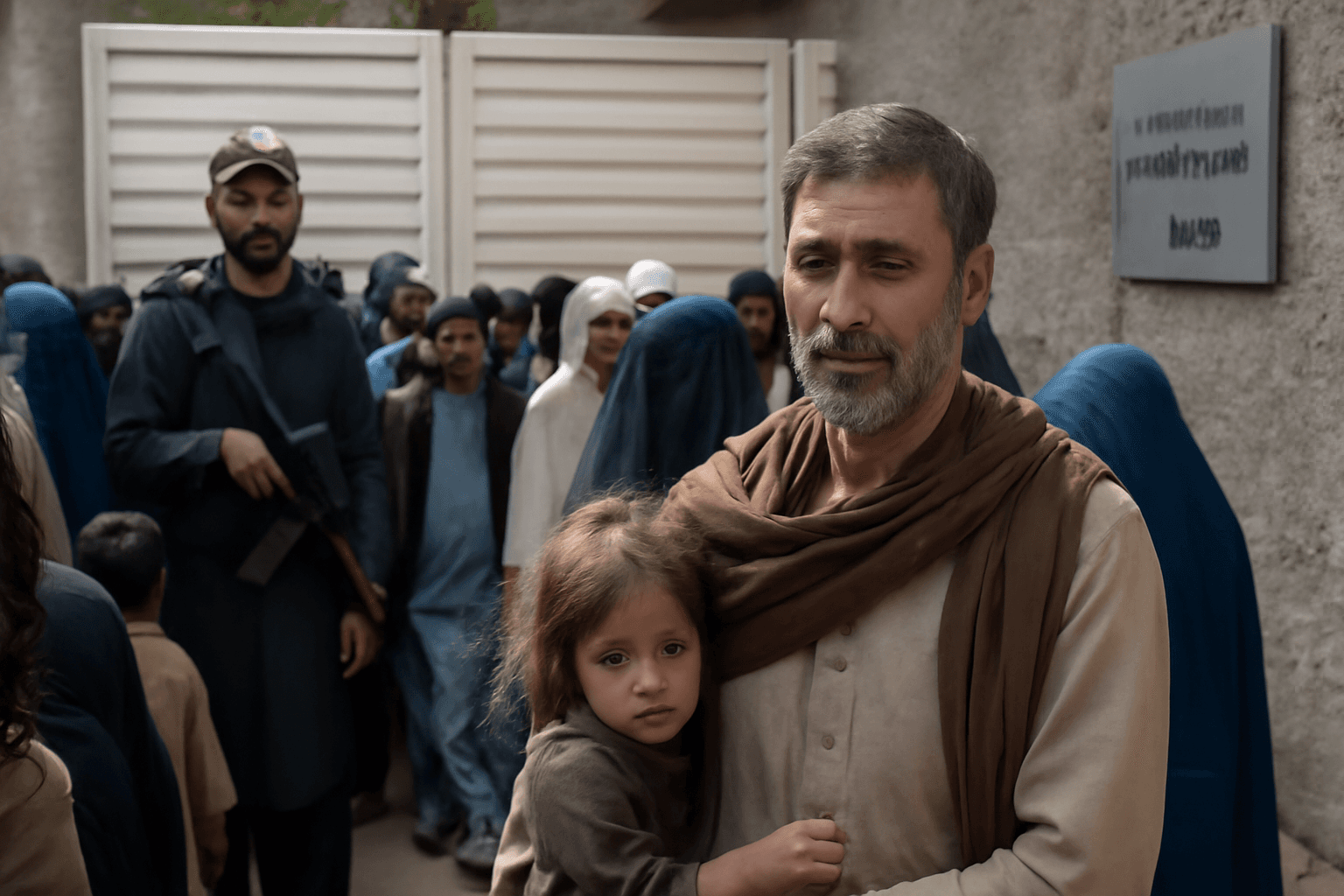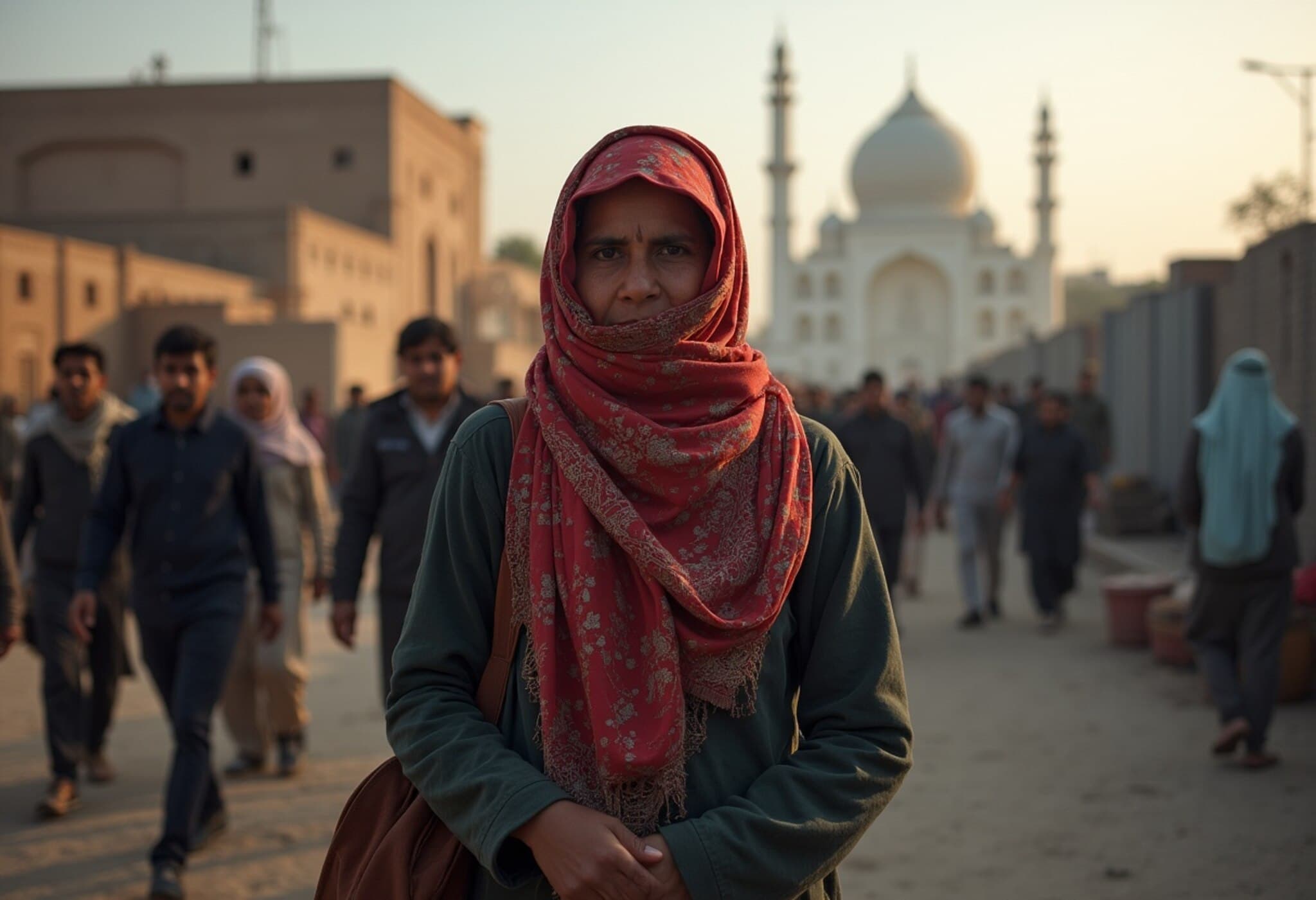Germany Reassesses Afghan Refugee Resettlement Amid Pakistan’s Large-Scale Deportations
As Pakistan intensifies its deportation of Afghan refugees ahead of a looming September 1 deadline, Germany is grappling with the fate of thousands of Afghans stuck in limbo. The upheaval spotlights the fragile state of Afghan migration amid geopolitical shifts and evolving policy landscapes.
Pakistan’s Crackdown on Afghan Refugees
The United Nations reports that Pakistan has commenced expelling documented Afghan refugees, a move that could push more than one million Afghans out of the country. Since 2023, over a million Afghans have left Pakistan, with 200,000 departing since April alone. This surge underscores the volatility faced by displaced Afghans amid tightening immigration enforcement.
Notably, deportations continue even on significant national holidays—Reuters sources indicate that Pakistani authorities detained Afghans during the Independence Day celebrations on August 14. Many are escorted toward the Torkham border crossing, intensifying fears for their safety amidst Afghanistan’s ongoing instability.
Germany’s Struggle: Balancing Humanitarian Commitments and Political Change
Germany, where more than 2,000 Afghans have been approved for resettlement under a targeted admission program, is closely monitoring developments. Interior Minister Nancy Faeser disclosed that the government is reevaluating whether stranded Afghans in Pakistan can still enter Germany given the deteriorating situation.
Her counterpart, Minister Alexander Dobrindt, confirmed that some individuals in Germany’s admission scheme have drawn unwanted attention from Pakistani authorities, complicating the resettlement process. Discussions between Berlin and Islamabad are ongoing.
The resettlement initiative launched in October 2022 by Germany’s prior centre-left government aimed to protect those most vulnerable to Taliban persecution. However, the program is now under scrutiny by Germany’s new centre-right coalition, elected in February 2025. The incoming government cites concerns about integration capacity and intends to halt the program indefinitely, pending review.
Broader Implications and Underreported Realities
This situation raises pressing questions about the global refugee protection regime. What happens to Afghans deemed at risk when safe pathways close just as their host country steps up expulsions? How should countries balance humanitarian obligations with domestic political pressures and resource constraints?
Moreover, the predicament of Afghans stranded in Pakistan is often overlooked amid broader migration discourse focused on Europe. Their predicament highlights the critical need for regional cooperation in South Asia to address complex displacement dynamics, including Pakistan’s security concerns and Afghanistan’s ongoing instability.
What to Watch Next
- The upcoming decisions by Germany regarding the future of its Afghan admission program may set a precedent for other European nations facing similar dilemmas.
- United Nations agencies and international partners are under increasing pressure to broker protective arrangements for vulnerable Afghans facing forced return.
- Legal advocates and civil society groups spotlight the human toll of such deportations calling for urgent international action to uphold refugee rights protected under international law.
Editor’s Note
The unfolding crisis spotlights a painful crossroads: millions of Afghans caught between shifting national policies and unstable homelands. Germany’s review encapsulates a broader debate about migration, humanitarian responsibility, and political will in an era marked by rising nationalist sentiments and tightening borders. As the international community watches, it must reckon with the real human stories behind headlines — stories of resilience, uncertainty, and the quest for safety in an increasingly fractured world.









